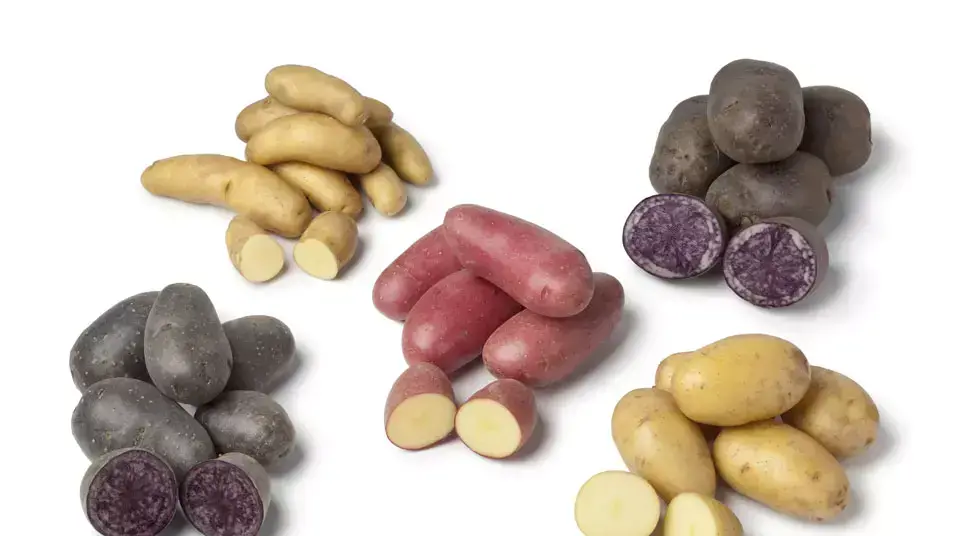Fruits are ideal foods that provide numerous vitamins and minerals, as well as antioxidants and other nutrients vital for physical and mental health. And one of the most required is the banana.
One of the most frequent fruits in homes, easy to eat and desired by both children and athletes, the banana is a food with high nutritional value, which fits all types of diets.
Health Benefits of Bananas
Bananas and plantains represent an important source of pectin, a type of fiber that supports the body's digestive functions.
How many banas a day do you recommend eating?
"A medium-sized banana provides about 105 calories with virtually no fat, cholesterol or sodium. They are an excellent source of potassium, an important mineral for regulating blood pressure, fluid balance, heart health and good nerve and muscle function," summarizes Joanne Hutson, a registered dietitian at Mayo Clinic Health System.
In addition, it expands, helps prevent muscle cramps after exercise. They also provide a good source of vitamins C and B6, as well as magnesium.
Regarding micronutrients, one of the most important is potassium, a mineral that helps reduce blood pressure.
Some of the main benefits it provides to the body are the following:
Regulates intestinal transit
Digestive process and intestinal transit.
Most of the content of this fruit is fiber, which collaborates with the digestive processes and intestinal transit, added to exercise and drinking water, indicates the Better with Health portal.
In turn, it contains resistant starch, a type of complex carbohydrate that is not affected by digestion, so it can reach the intestine, where it will serve to feed the "good" bacteria.
Ideal for sport
When playing sports, the body consumes more glycogen as it needs energy by increasing activity.
In addition, being rich in potassium banana acts as an energy drink and helps keep us hydrated.
The banana, the fruit of athletes. Photo Shutterstock.
Improves cardiovascular health
An excellent source of potassium, this mineral is capable of generating a small electrical charge in your body. This electrolyte causes the muscles of the body to contract, as well as those of the heart.
It helps to counteract the levels of sodium in our blood and decreases the chances of suffering from coronary and cardiovascular diseases.
Controls nerves
The Spanish Nutrition Foundation indicates that bananas are a source of vitamin B6, which contributes to the normal functioning of the nervous system.
On the other hand, this vitamin helps control high levels of homocysteine in the blood, a chemical that the body uses to make proteins.
Protects from cardiovascular and nerve problems.
Promotes weight loss
Consuming this fruit satisfies the appetite, which in turn helps mitigate the anxiety to eat and snack between meals any food rich in sugar or saturated fats. For this reason, it can be useful to promote weight loss.
Improves mood and helps fight depression
Thanks to the fact that it contains tryptophan, an amino acid that participates in the formation of hormones that improve mood and help relax, as well as magnesium, a mineral that has been found decreased in people with depression, this fruit is ideal to deal with these conditions.
The banana provides antioxidants and vitamin A, a key nutrient for the eyes.
Eye care
It is known that the carrot is the food par excellence that is most associated with eye care, but bananas also fulfill their role.
They provide antioxidants and vitamin A, an essential nutrient for eye protection. Like other fruits, bananas help prevent macular degeneration, a serious disease that blurs central vision.
How many bananas can be eaten per day
An average banana has 450 milligrams of potassium and the level of consumption needed for an adult according to the World Health Organization (WHO) is at least 3,500 milligrams per day.
It is worth noting that specialists do not recommend its consumption to people with kidney failure problems, since it could be dangerous because your body is not easy to get rid of excess mineral.
Bananas, one of the most consumed fruits. Photo: AFP
Because the necessary amount recommended by the WHO, it is not enough to eat one or two bananas a day.
In a publication of the BBC newspaper, dietitian Catherine Collins, of St George's Hospital in London indicates that a healthy person can consume seven bananas a day to achieve the recommended level of potassium, all within the framework of a healthy and balanced diet.
As always, before making any decision, the person should always consult a doctor or nutritionist for a correct diagnosis and treatment or diet to follow.
See also







